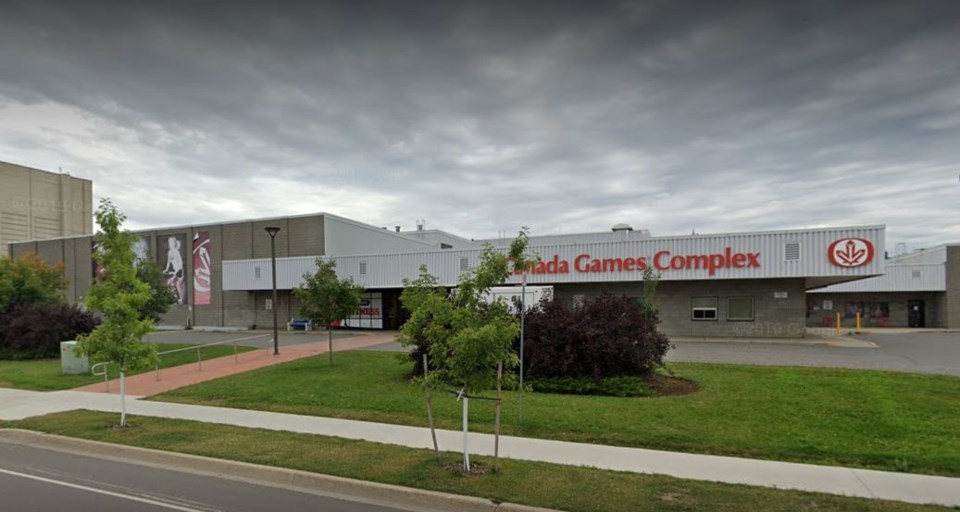THUNDER BAY — A program that helps people living with the outcome of a stroke or with brain injuries caused by another condition will be improved, thanks to a grant of nearly $50,000 from the Ontario Brain Institute.
The Keep Moving program is operated at the Canada Games Complex in conjunction with the neurology outpatient unit at at St. Joseph's Hospital.
It's one of four community-led organizations in the province sharing $285,000 through an Ontario Brain Institute initiative that provides evaluation expertise, support and funding for services for brain health and people living with brain disorders.
Jessy Bogacki, program supervisor for adult fitness, wellness and inclusion services at the games complex, described the partnership with the brain institute as being vital to the overall well-being and quality of life for individuals with neurological conditions in Northern Ontario.
"This partnership will allow for an expansion of our current program, and support offerings in order to evaluate the most effective plan for participant success, whatever that may look like for each individual," Bogacki said.
"Without this funding this would not be possible, nor would we have the resources to build capacity in order to continue to impact those we serve long-term."
Keep Moving has two components — mixed neuro and stroke.
Participants in mixed neuro range in ability levels due to conditions such as Parkinson's, MS and brain injuries.
The weekly class focuses on seated cardio and strength exercises, with a few standing balance exercises.
The goal of the class for stroke patients is to help them maintain their independence through cardio, strength, flexibility, balance and mobility exercises in a group setting.
In each case, participants are supervised throughout.
The Ontario Brain Institute is a provincially-funded not-for-profit organization that says its mission is to accelerate discovery and innovation.
"By enhancing the ability of community-based organizations to generate proof points with solid evaluation data, provincial programming can better situate itself into health care contexts and improve community care," Ontario Brain Institute president and scientific director Dr. Tom Mikkelsen said.
